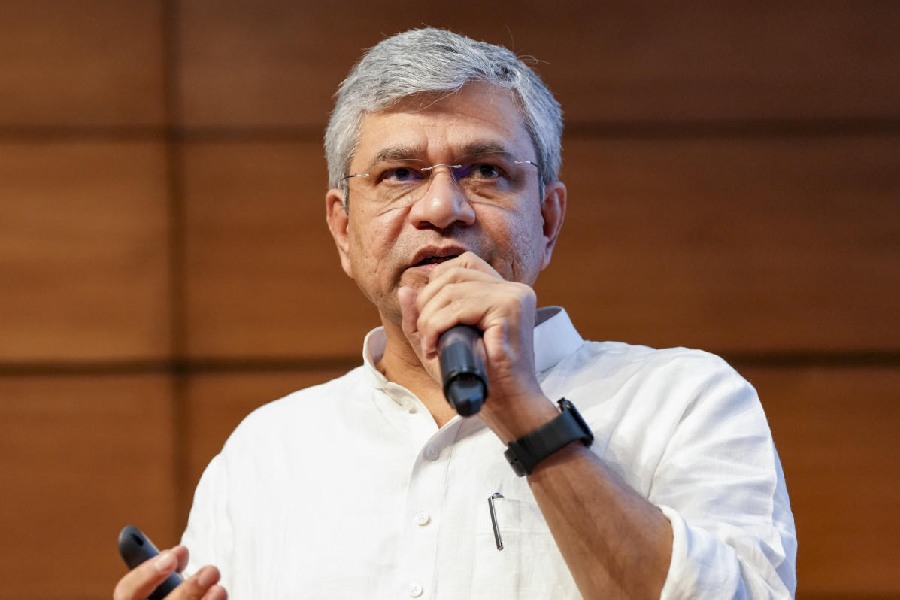The recent announcement by the Union information and broadcasting minister, Ashwini Vaishnaw, to celebrate the 150th anniversary of “Vande Mataram” is an opportunity to revisit its glorious but also intriguingly contested history. Composed as a poem by one of Bengal’s tallest literary icons, Bankim Chandra Chatterjee, in Sanskrit but in the Bengali script during the raj, it became a rallying cry for patriotism. Rabindranath Tagore had recited the verse at a session of the Congress; it acquired further political edge after its adoption as a marching song by freedom fighters. This deep link with India’s nationalist movement prompted the Constituent Assembly to adopt the first two stanzas of “Vande Mataram” as India’s national song. The selection of only two stanzas mirrors that august body’s sensitivity towards the republic’s commitment towards pluralism. This is because India’s Muslim community had been anxious about the text’s supposed anti-minority rhetoric as well as the presence of idolatry. Hence the adoption by the Constituent Assembly of only those stanzas that are relatively shorn of such elements. Even though “Vande Mataram” is placed on the same pedestal as “Jana Gana Mana”, India’s national anthem, the Constitution, revealingly, makes no mention of a national song.
Some old, contentious issues have now acquired an afterlife with the Centre’s announcement of the celebration of the sesquicentennial anniversary of “Vande Mataram". Given the Bharatiya Janata Party’s eagerness to ride roughshod over inclusivity, there is concern among historians and segments of the minority community that the national song could be weaponised to deepen the imprint of polarisation. Such an outcome would be an unambiguous tragedy. This is because India’s nationalist movement in which, incidentally, the Rashtriya Swayamsevak Sangh was conspicuous by its absence, had fought for an independent nation that was unsullied by the spectre of division. Partition — Indian nationalism’s greatest failure was its capitulation to a sundering that was as much territorial as moral — put paid to the hopes of the original vision of unity. In its 150th year, the invocation of “Vande Mataram” to further erode modern India’s diversity and togetherness would be a travesty of justice. The government must be mindful of this fact as it prepares for the celebration.











